Publications
Articles, publications, books, tools and multimedia features from the U.S. Institute of Peace provide the latest news, analysis, research findings, practitioner guides and reports, all related to the conflict zones and issues that are at the center of the Institute’s work to prevent and reduce violent conflict.
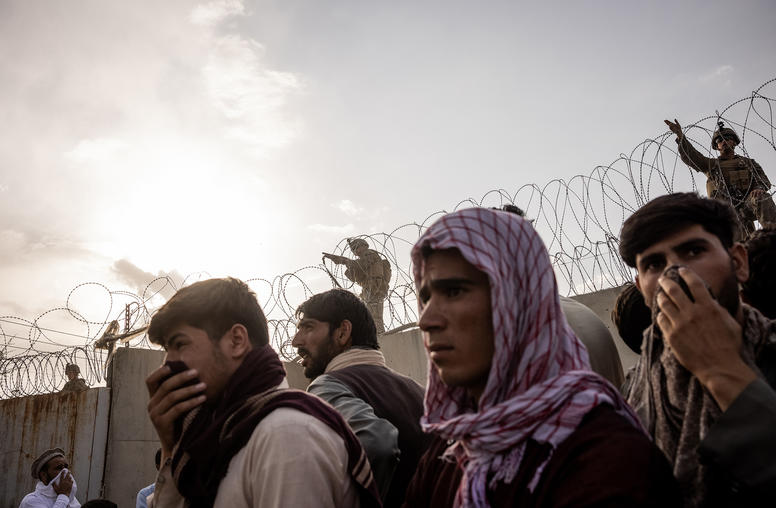
Key to Afghan Relief Efforts: Financial Engineering for Private Sector, Economy
The U.S. government needs to urgently prioritize saving Afghan lives, meeting basic human needs and stemming the free-fall of the Afghan economy. The unprecedented evacuation of some 100,000 people from Kabul airport in August demonstrated what clear objectives and a whole-hearted, government-wide focus can accomplish under the worst of conditions. While that scale of mobilization is not required now, a similar unity of effort and focus, this time on financial engineering, will be needed to deliver aid to the Afghan people and limit further economic damage in coming months.
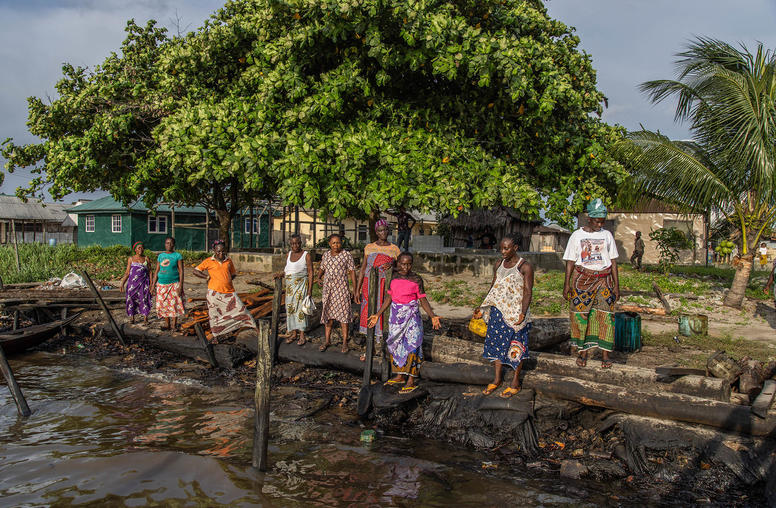
It’s Time to End ‘Business as Usual’ With Nigeria
Secretary of State Antony Blinken’s visit this week to Nigeria is timely, for Africa’s demographic giant is shuddering with its most dangerous instability in 50 years: insurgencies, uncontrolled criminality and constrictions of freedom of expression. Nigeria is failing to fulfill basic tasks of a nation-state, and its partners need to halt “business as usual” to open an honest dialogue about the current failings. For the United States, this means dropping some old practices in the way America engages Nigerians. U.S. engagements must center more on Nigeria’s citizenry, notably the 70 percent who are younger than 35, and with Nigeria’s 36 disparate states.
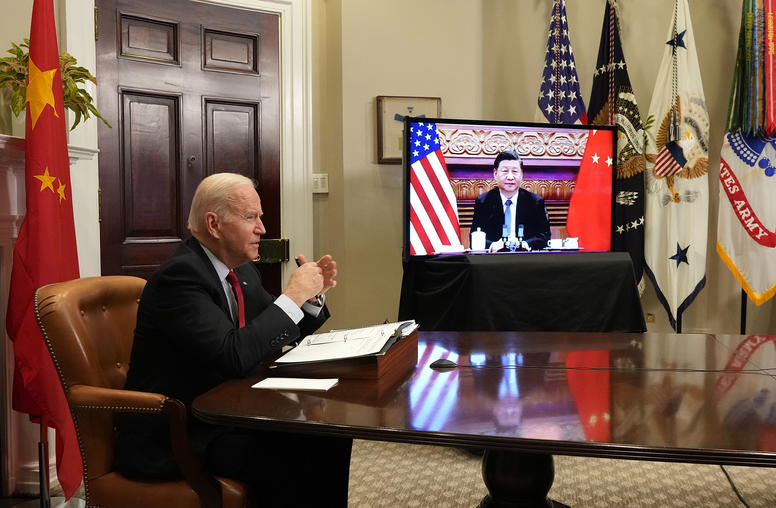
Neither Summit, nor Sidebar: Assessing the Biden-Xi ‘Virtual Meeting’
To address growing tensions between the United States and China, particularly over Taiwan, President Joe Biden and General Secretary Xi Jinping met virtually on Monday night (Tuesday morning in Beijing) for a three-hour discussion that covered a wide array of contentious issues. Both sides downplayed expectations for the session beforehand and have been relatively subdued albeit somewhat positive in their respective post-meeting statements and spins. Less formal than a summit and more structured than a sidebar, what if anything did the extended virtual top-level bilateral discussion achieve?
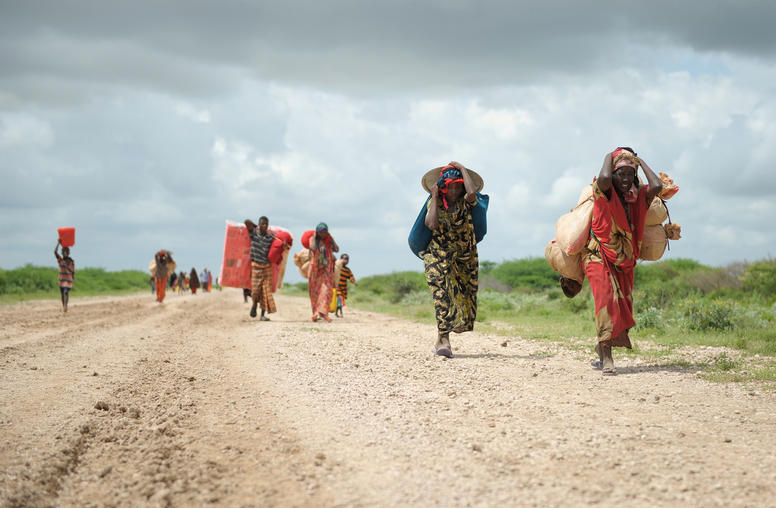
Glasgow’s Summit Will Spur Change—on Climate and in Conflicts
When the 26th Conference of Parties of the U.N. Framework Convention on Climate Change closed over the weekend in Glasgow, delegates and observers left with both disappointment that so little had happened and relief that so much had. As the world now weighs the results of the Glasgow climate summit, the global peacebuilding community should do the same. We should analyze where the summit might alter risks of violent conflict and opportunities for the community—including peacebuilding organizations, local civil society groups and policymakers—to respond.
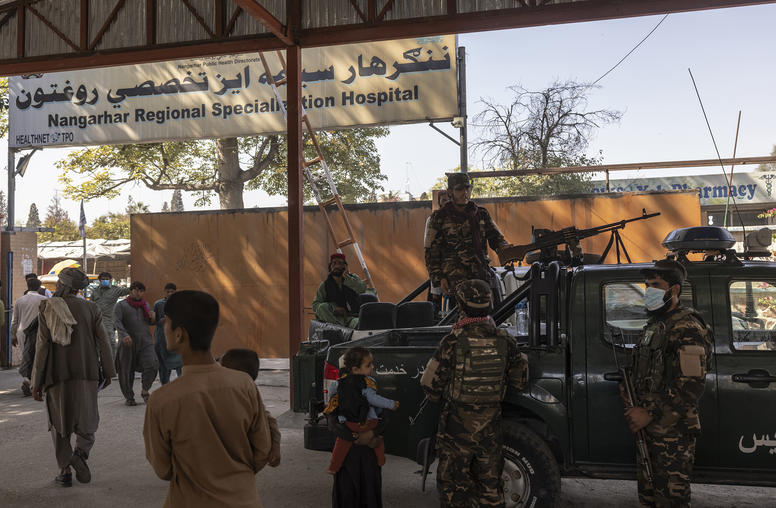
Aiding Afghan Local Governance: What Went Wrong?
After 20 years of an ambitious, costly international state-building effort, the government of Afghanistan collapsed in the summer of 2021 in a matter of weeks. The Afghan security forces’ remarkably rapid defeat earned significant attention, but the Taliban victory over the internationally backed Afghan republic stemmed equally from deep-seated political and governance factors. Across all the facets of the Western state-building endeavor in Afghanistan, there is now an enormous need to assess how the international project fell so far short of its aims.
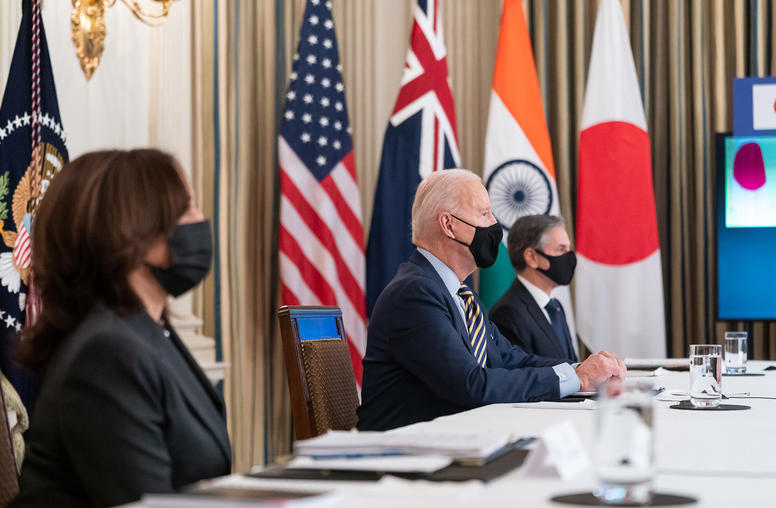
Addressing the ‘Global Challenge’ Posed by China
The United States must ensure that its focus on the Indo-Pacific region does not come at the cost of its interests in other parts of the world where China also poses a challenge, according to U.S. National Security Council Coordinator for the Indo-Pacific Kurt Campbell.
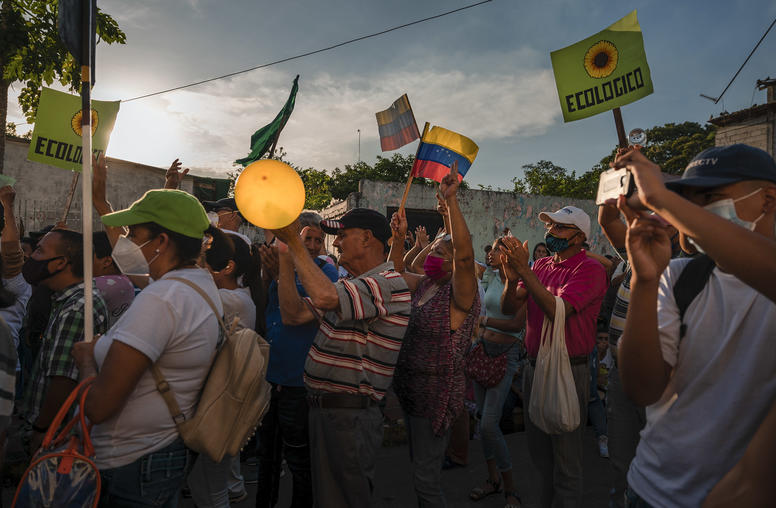
Many Venezuelans Choose a Flawed Election Over No Election
Venezuelans elected governors, mayors and local officials November 21 in a vote condemned by many as stacked hopelessly against the opposition or simply fraudulent. An increased turnout over elections last year appears to reflect many Venezuelans’ growing belief that they have gained little with voting boycotts. They believe participation in even a flawed election advances the concept of “re-institutionalization,” which aims to progressively reform the machinery of democracy after years in which it has been undermined by the ruling party. Advocates of this strategy say that restoring democracy must be a long game of incremental advances.
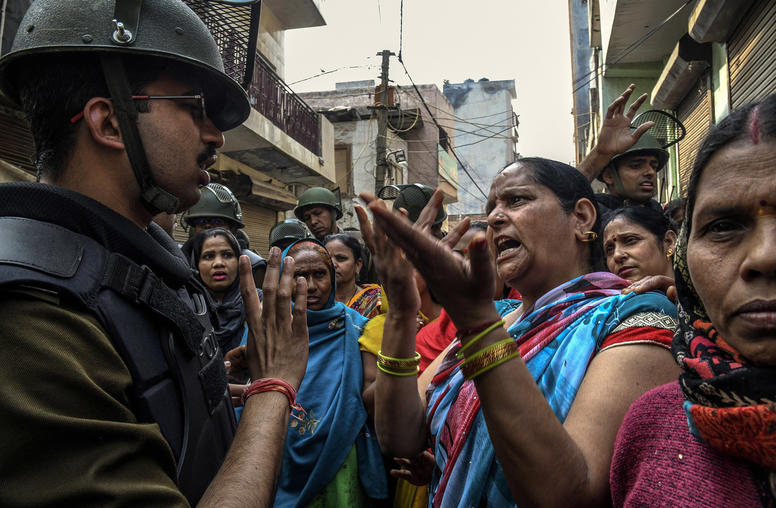
Unrealized Ideal: 40 Years After a Seminal Declaration on Religious Freedom
Anniversaries serve as natural inflection points, opportunities for introspection, to take stock and to consider where to go next. November 25 marked the 40th anniversary of the 1981 U.N. Declaration on the Elimination of All Forms of Intolerance and of Discrimination Based on Religion or Belief. Despite its unwieldy name, the aim was simple: to promote freedom of religion or belief and condemn discrimination based on faith. The 1981 Declaration was a culmination of almost four decades of U.N. efforts to develop international legal protections for freedom of belief to defend minorities from persecution. Forty years later, however, almost two-thirds of humanity live in countries with restrictions on the practice of faith.

Myanmar’s Ongoing War Against Women
When the United Nations began its annual campaign to end violence against women 30 years ago, no one had Myanmar on their radar. But in recent years, Myanmar’s military has escalated its use of sexual and gender-based violence to terrorize women and girls — most infamously against ethnic minorities, notably the Rohingya. Confronted by these atrocities, the international community has issued widespread demands for accountability and justice that have yet to come to fruition.
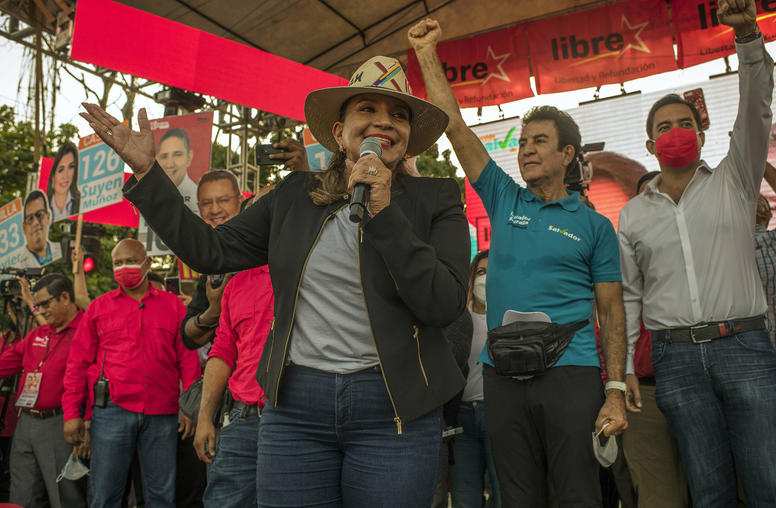
Amid Democratic Disillusionment, Can Honduras’ Historic Election Bring Change?
Hondurans made history on November 28, electing leftist Xiomara Castro as the country’s first woman president. In a country plagued by political instability and polarization, Hondurans also demonstrated how presidential power should be transferred in a democracy as Castro graciously received her conservative opponent, who then issued a statement calling for “reconciliation and unity.” .